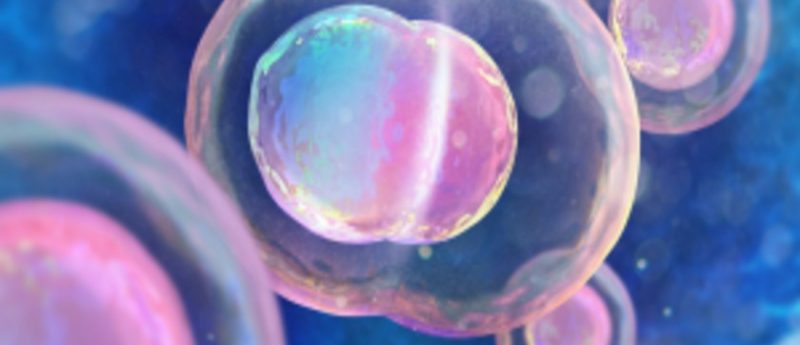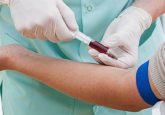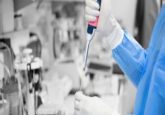Replica tumors show promise for personalized drug treatment

Recently published in Science, researchers at The Institute of Cancer Research (London, UK) and The Royal Marsden NHS Foundation Trust (London, UK) have demonstrated how growing replica tumors in the lab could personalize drug treatment.
The study, led by Nicola Valeri (The Institute of Cancer Research), first took biopsy samples from 71 patients with advanced bowel, gastro-esophageal or bile duct cancers, whose tumor had metastasized round the body. Valeri commented: “Once a cancer has spread round the body and stopped responding to standard treatments, we face a race against time to find patients a drug that might slow the cancer’s progression and extend their lives.”
Second, these samples were placed inside a gel to form 3D shapes. Third, 55 established or new drugs were tested against the mini tumors and compared with how the patients had responded in the clinic.
The study reported that the replica tumors were 100% accurate at identifying drugs that wouldn’t work in patients and picked out drugs that would shrink a patient’s tumor 88% of the time. The lab grown tumors also seemed more effective at predicting drug response than analyzing the DNA code of the patient’s tumor alone.
- Integrative network modeling approaches to personalized cancer medicine
- Cancer stem cells and personalized cancer nanomedicine
- Personalized cancer therapy for soft tissue sarcomas: progress and pitfall
Furthermore, across all patients, the original patient’s tumors and replica tumors were found to be 96% identical across 151 cancer-related genes.
Valeri explained: “We found that recreating patients’ tumors in the laboratory using this new technique gave us an extremely promising way to predict whether a drug would work for a patient. We were able to look in incredible detail at how tumors responded to drugs – including patterns of gene activity and mutation, and even how the cancer would evolve in response to treatment.
She continued: “We looked at tumors from patients with cancers of the digestive system, but the technique could be applied to a wide variety of cancer types. We need to further evaluate its potential in larger clinical studies, but it has the potential to help deliver truly personalized treatment – and avoid the reliance on trial and error for many patients when clinicians give them a new cancer drug.”
“[This test] could predict whether a cancer will be drug resistant before a person ever receives the treatment – which is especially important for those with advanced cancers where time is so precious.” Paul Workman
Study co-author Paul Workman (The Institute of Cancer Research) concluded: “This study has shown that testing drugs on replica tumors before they are given to patients is not only possible, but predicts how a patient will respond more accurately than simply looking at the cancer’s DNA. It could predict whether a cancer will be drug resistant before a person ever receives the treatment – which is especially important for those with advanced cancers where time is so precious.”
He continued: “The potential of mini tumors doesn’t stop there. Having a better model for how cancers may respond to treatment could help accelerate drug discovery and even reduce reliance on animal experiments.”




